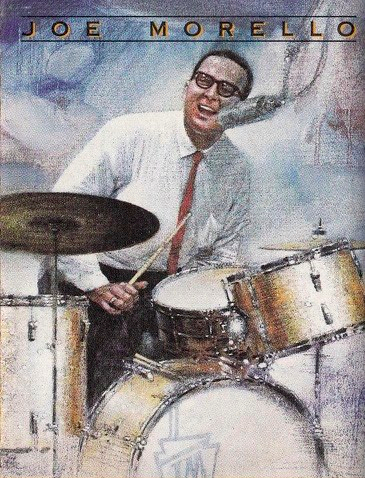
SKF NOTE: This morning, while reading through the transcript of my March 7, 1978 talk with Joe Morello, I came across this exchange with Joe about teaching drum students. (Or, as Joe calls them, “kids.”) He was very open to helping drummers successfully navigate whichever avenue or road they wanted to travel.
This part of the conversation ends with Joe trying to explain Billy Gladstone‘s way of playing. Joe calls Gladstone “the greatest technician of them all.”
=====
Joe Morello: I think of it like different avenues, different roads.
Okay. When you start off you’ve got to learn how to play. Somebody has got to say, “This is your right hand, and this is how you hold the stick. Here’s the reason why you hold it this way.
If you want to play this way [matched grip], here’s the reason why it can be done.
It’s all the same.
Work on that and develop a certain control. And once the kid has a little control, then you can say, “Okay, now which way do you want to go?” Here’s this way, or try that.
Teach them rudimental things and say, “Here’s how to apply it to the [drum] set.
If you want to be a rock drummer — go that way. I don’t want to make you into something you don’t want to be.
[If a kid asks,] “Am I holding the stick right?” Well, how does it feel to you? Is it comfortable? Then hold it that way.
Scott K Fish: You won’t insist that a kid hold his stick a certain way?
JM: Nah. If it’s natural for him, why try to change somebody over? I mean, I can show him what I do, and if the kid….
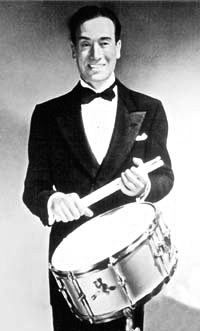
Some of the teachers teach this stiff wrist motion. They squeeze very tight here [between thumbs and index fingers] and they call it fulcrum. My answer is, “Fulcrum all!” They’ve got these bulging muscles here [fulcrum areas]. I don’t have any [bulging muscles] there at all. I don’t have any callouses. I must be doing something wrong.
Then after about three or four years of squeezing hard, and using all stiff wrist motion, they tell the kid to loosen up.
But all of this fingers and wrists! It’s a combination of everything.
Billy Gladstone, I think, was the greatest technician of them all — that I’ve seen in my life — and I took a few lessons. He didn’t even want to even teach me. And he was, uh, a “legitimate” drummer. But the guy had this method — everything was so loose.
He’d take the sticks and he’d go like this [plays fast single stroke roll], and he’d get this finger thing, kind of. But he’d get… like a doorbell almost.
“Jeez,” I’d say, “I want to learn that. How do you do it? Everything is so loose.” It was just so natural, you know? [Gladstone] said it’s like when you walk. If you had to figure out every muscle — you couldn’t even move.
It’s a kinetic type thing, you know.

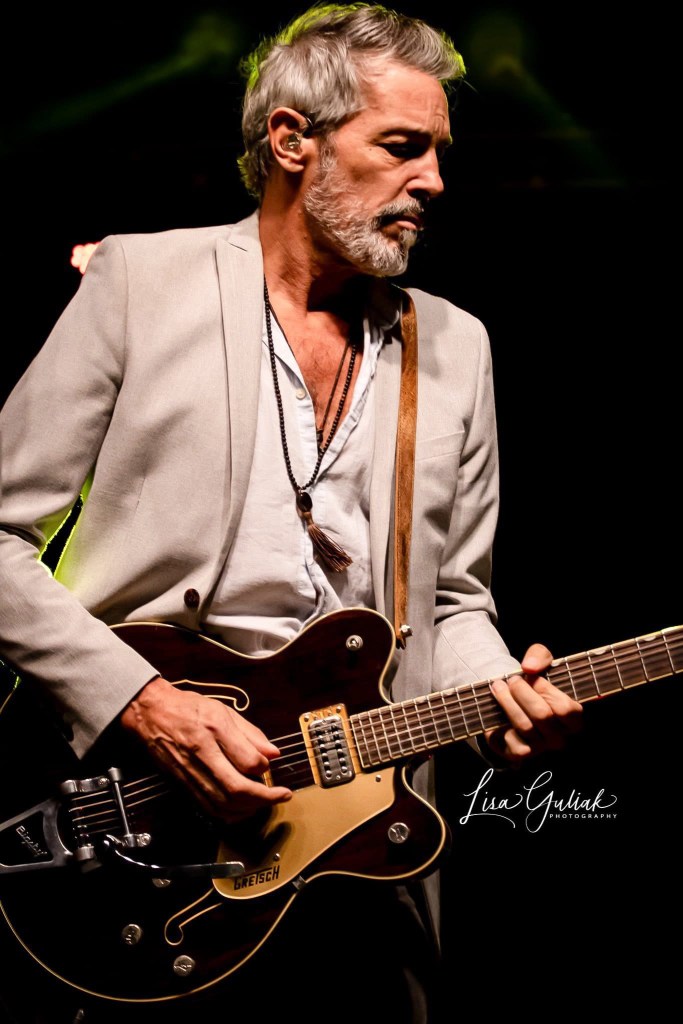

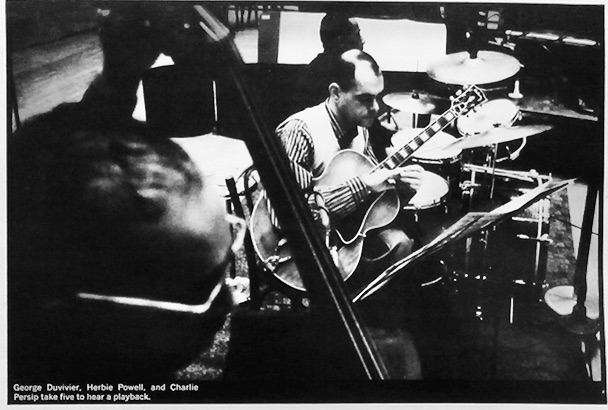
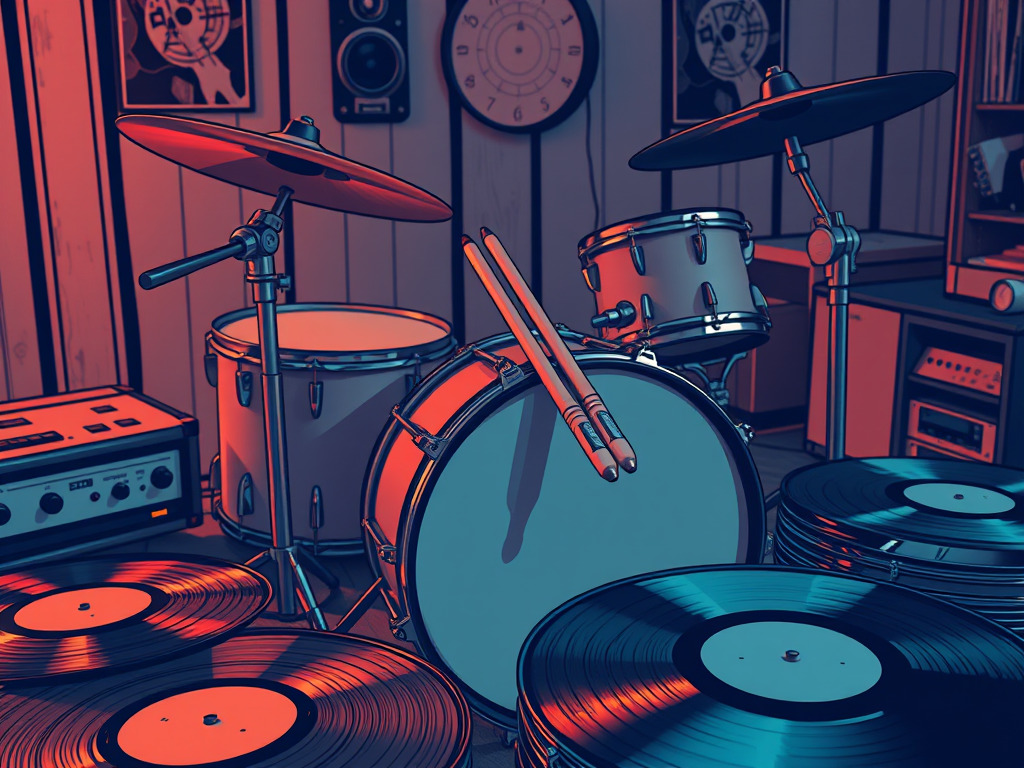
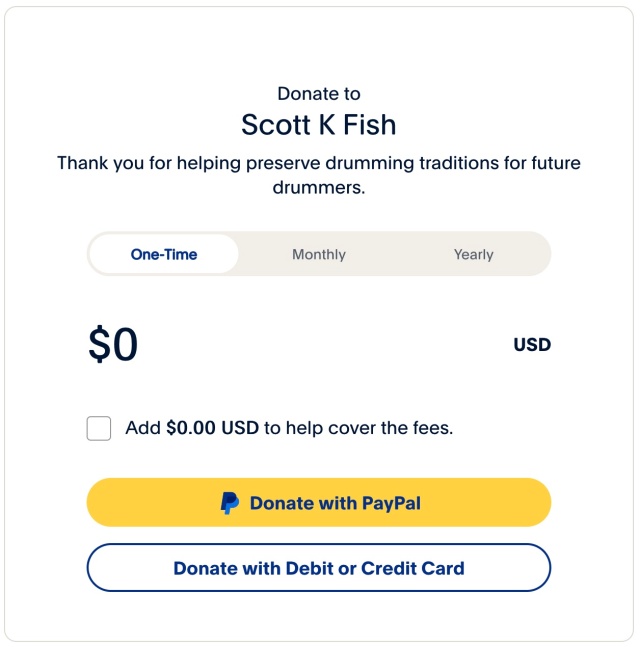
You must be logged in to post a comment.